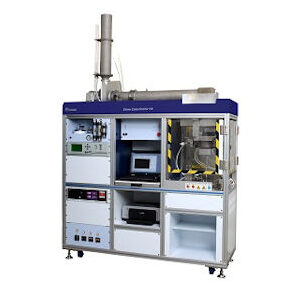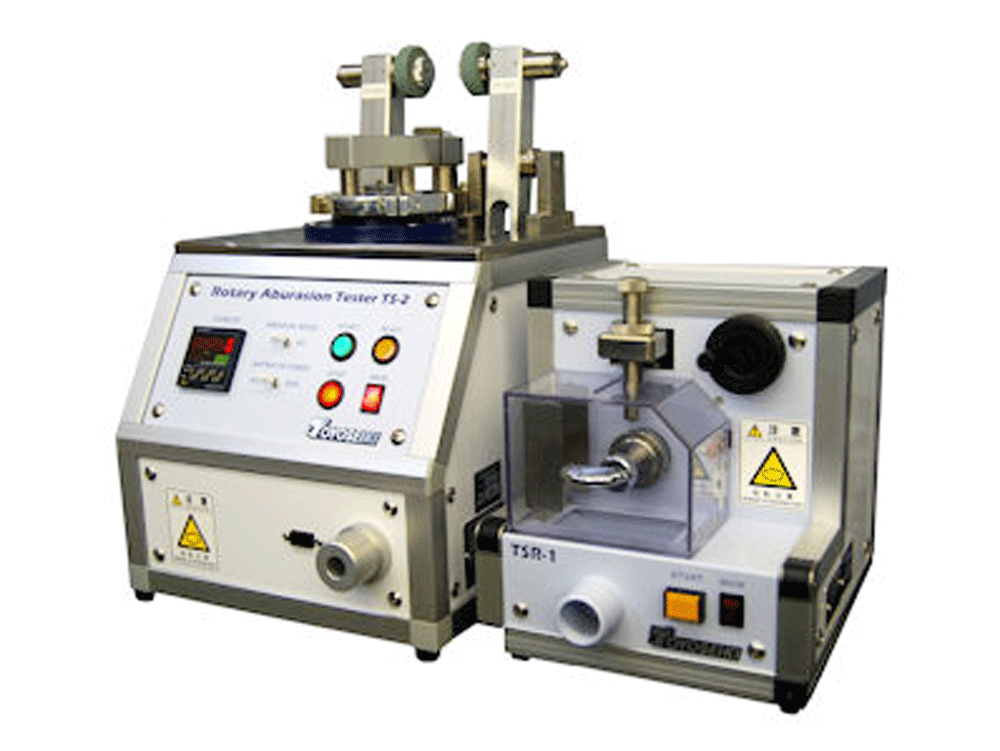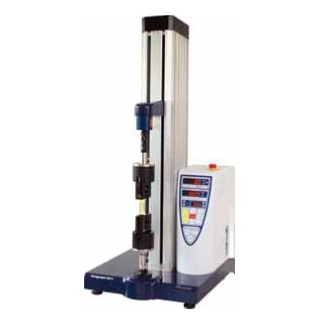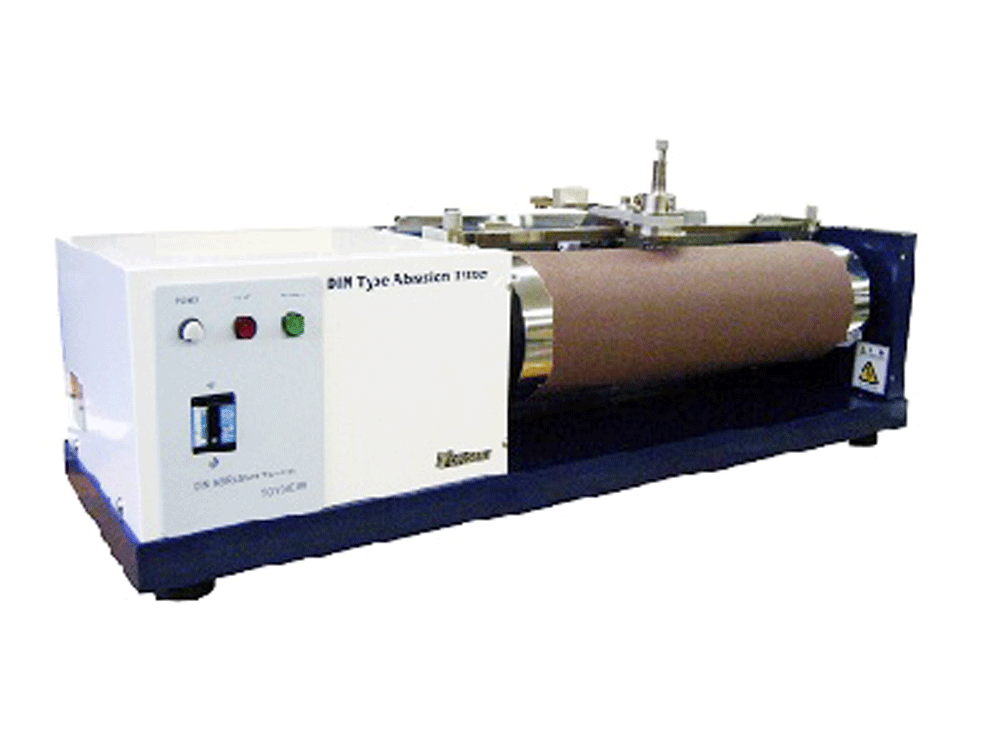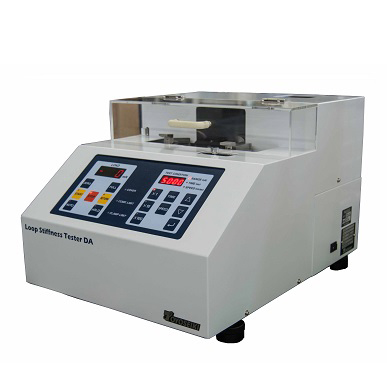Description
The probability that a fire will occur, and the potential harm to life and damage to property resulting from its occurring. Traditional approach in which fire studies have been made by independently using physical small scale test, which measures single parameter.
Materials are exposed to external heat radiation from pre-ignition to fire-out. The Cone Calorimeter is the result from the search for the method with more scientific way to analyze total fire behavior. It is based on the principal of oxygen consumption – approx. 13.1MJ of heat are released per 1kg of oxygen consumed by a burning object. Using very precise oxygen and flow measuring equipment, the amount of oxygen consumption along with the 13.1MJ constant calculates the heat release rate in simple
accurate terms. Researchers or scientists can make quick and accurate prediction on their materials by Toyoseiki Cone Calorimeter.
FEATURES
- Judgment software based on Japanese building standard act is available. (Optional)
- Pneumatic insertion water-cooled thermal shutter eliminates human errors.
- Regardless of specimen mass change, a load cell maintains constant distance between a specimen and a heater.
- Optional features permits selection of various tests and parameters.
- Soot collection
- Combustion chamber glass
- CO/CO2 gas analyzer
- NOX/SOX gas analyzer
- Low oxygen atmosphere system
- Automatic pressure compensation and temperature compensation circuits incorporated in the oxygen analyzer increase the precision measurement of oxygen depletion.
- The igniter is inserted downward through heater to assure uniform heat exposure on the surface. And the igniter can easily escape from the contact with inflating specimen.
Specifications
| Heat source | Cone-shaped radiant electric sheath heater |
| Heat flux transducer | 0 to 100 kW/m² ± 3% |
| Options |
|
| Dimensions | W1650 x D600 x H2500mm |
| Weight (Approx.) | 300kg |
| Power supply | Single-phase, AC200V, 50/60Hz, 8kVA (or specify) |
Related standards
- ISO 5660
- ASTM E1354
- Qualification Test for New Fire Protecting Materials (The Building Standards Act, enforced by Ministry of Land, Infrastructure and Transport, Japan)

